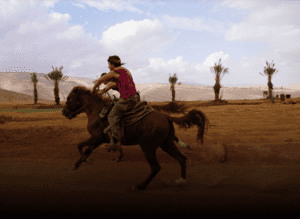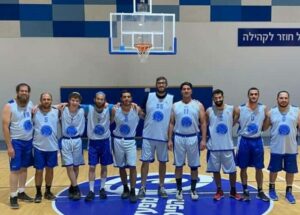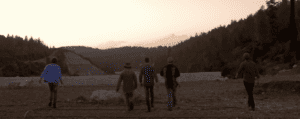“Once again you shall plant vineyards in the hills of Samaria.” So we read from Jeremiah, chapter 31, verse 4, every year on the second day of the Jewish New Year (this year October 1st).
When Naama Berg came to Psagot as a bride she found her home on the tall mountain overlooking Beit El, the site of Jacob’s ladder and the ancient city of Ai. She also found the vineyards her father-in-law had planted, inspired, no doubt, by the prophecies of Jeremiah. Later on, to her surprise, she and her husband, Yaacov, found their heritage buried deep beneath their home. As it says in the song, though, let’s start at the very beginning.
Born in the Golan Heights, Naama married her husband in the year 2000. At that time both were university students, working part time. Their jobs were in the vineyard of Yaacov’s family in Psagot, where Yaacov had grown up.
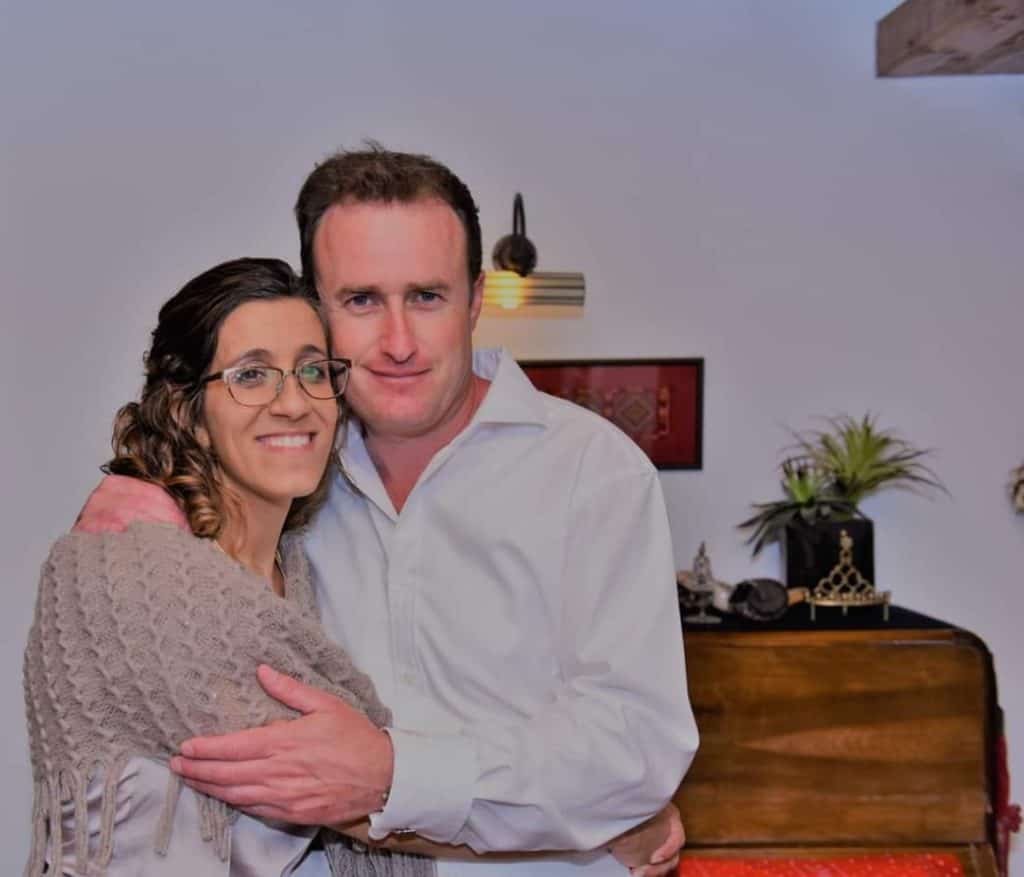
The grapes they harvested were sold to various wineries and the Bergs were told their grapes had a special flavor. That was the trigger that made them decide to begin making their own wine. The Jewish Agency gave them backing and in the first year they produced four thousand bottles of wine.
That soon grew to twelve thousand, then forty thousand, and today it’s a half million bottles. Of course, that growth didn’t happen by magic but rather with lots of hard work. And a lot of help from Above.
It was in 2006 that the Falic family from Miami, noted philanthropists to Israel, came into their lives. On their way to the village of Eli, thirty kilometers to the west, their guide made a stop in Psagot to show them the winery. The Falics were intrigued with the Berg’s venture and its possibilities. They became partners.
A year later the county of Binyamin allowed them to buy an empty hilltop where they built a beautiful stone building. The winery was moved there from the Berg’s home and a visitor’s center was established.
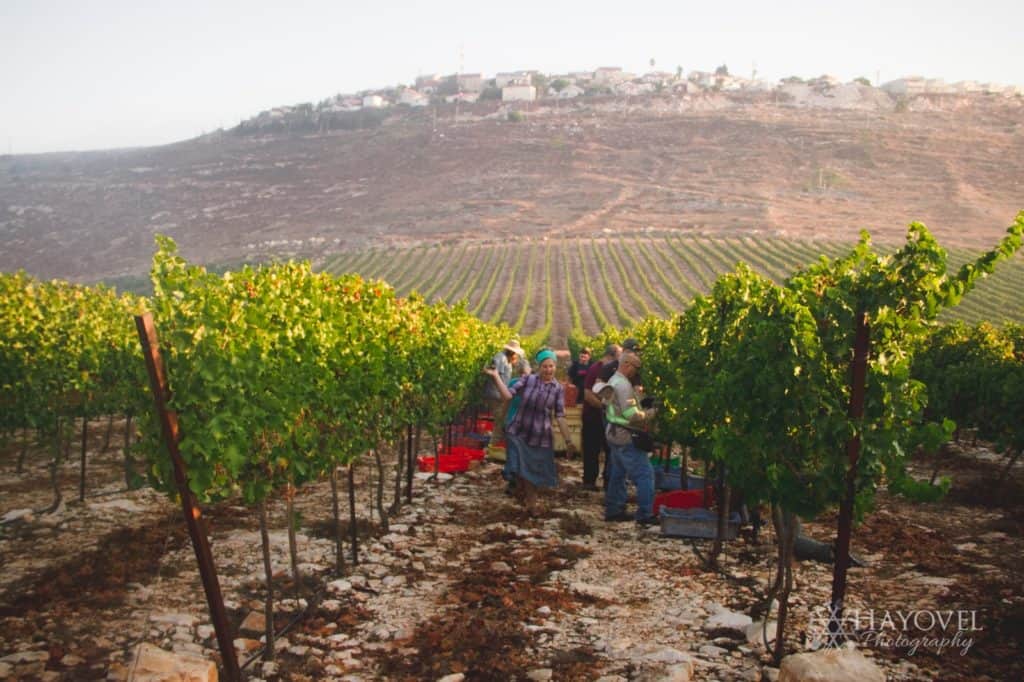
All sorts of people, from Africa to Alaska, come to the Visitor’s Center and the majority are very supportive of the Jews living in the Land of Israel. The most interesting for Naama are the HaYovel Christians. These Christians believe that helping the Jewish people settle and flourish in the hills of Judea and Samaria will bring the prophecies to fruition.
When HaYovel volunteers first began helping them nine years ago, fifty of them lived with her, her husband, and four sons inside their house and in an empty trailer and storage room. Now there are several hundred who come for six months at a time. HaYovel’s goal is to bring volunteers from all over the world to help Jewish farmers in Israel, mainly in Judea and Samaria. They live on a beautiful hilltop overlooking the ancient city of Shechem, where Jacob set up his first camp upon returning to Israel, and where Joseph is buried. They are the main grape pickers in Israeli vineyards. The Bergs are very grateful for their support which has only contributed to their success.
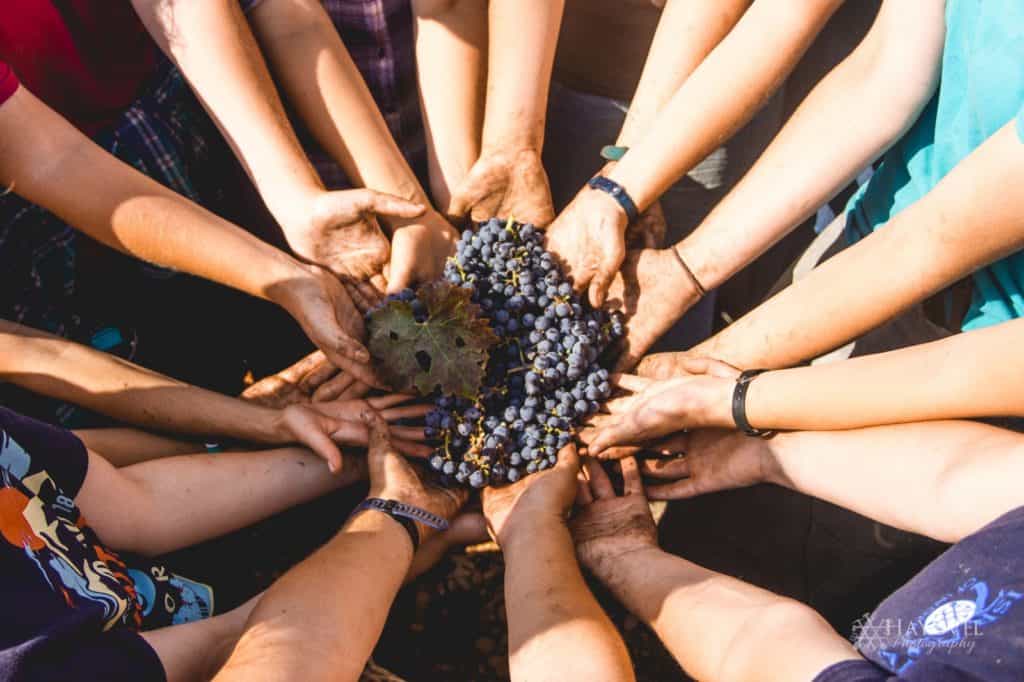
There are those who aren’t happy with their success. BDS wants to ban their wine. The EU wants labels on the bottles stating the wine is produced in “occupied” settlements. Some journalists claim that their new winery being built is located on stolen land. Naama’s reaction to that claim is rueful.
“Too bad we paid about three million shekels for land that was stolen.”
She has her doctorate in biology and has worked in her field for a number of years. This year, though, she took a leave of absence to oversee the building of their new winery in Shaar Binyamin, a retail and industrial center two kilometers away, since they have outgrown their present site.
Not only is it a winery and visitor’s center, it is also a place where tourists come from all over the world and learn about the Jewish people returning to the land and about the prophecies coming alive. They gain an understanding of the fact that the Jews came to these desolate rocky Judea mountains and with God’s Divine intervention they were able to make the rocks bloom and even share the special tastes of the holy fruit, worldwide. 500,000 bottles of it!
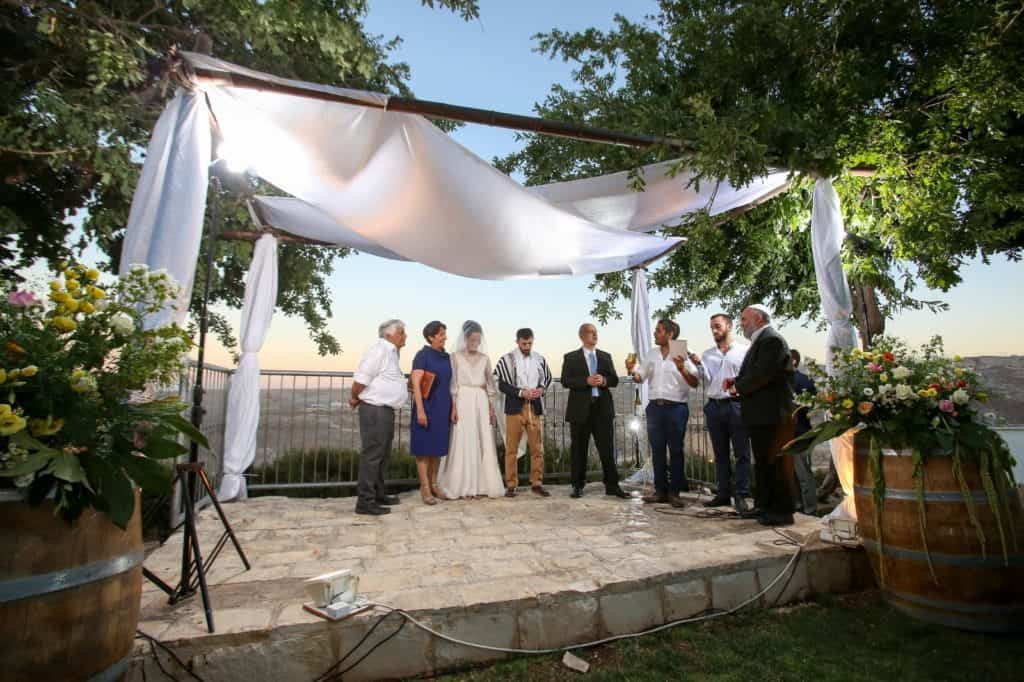
The Psagot winery is even a popular venue for weddings and other events, given its breathtaking view overlooking the blossoming Judean mountains.
Although she loves her work in her field, Naama knows she is continuing Jewish history with the winery and she has proof.
Several years ago the Bergs needed more room to store their wine barrels. They needed a cold damp place and so they turned to the Psagot archeological site with its many caves for possibilities. With permission from the Department of Antiquities they dug for six weeks.
What they found was astounding! A 2500-year-old wine press from the time of the Hasmoneans. Where did they find it? Right under their home! Their house was atop what had once been a small family winery.
They also found bones, pottery, and coins which are currently displayed in The Rockefeller Museum. One of those coins is engraved in ancient Hebrew with the words Freedom for Zion on one side and Second year of the Rebellion on the other. It’s a copy of this coin that has become the emblem of the winery. It graces every one of the bottles they sell in eleven different countries outside Israel.
The Bergs have closed the circle as they continue the work their forebears did two and a half millenniums ago. They are home, in the borders of the Holy Land.
In that same portion of the Bible that is read on the second day of the Jewish New Year, we read in verse 16: “There is hope for your future, G-d says, the children will return to your borders.”
May this Rosh Hashana (Jewish New Year) usher in the year when all the children will finally return home.

